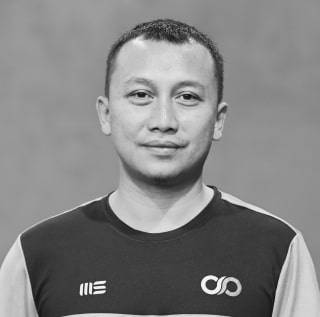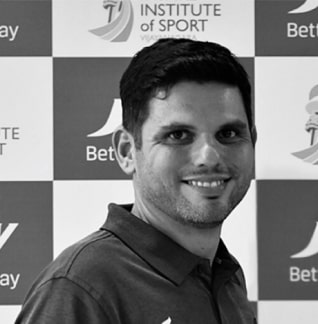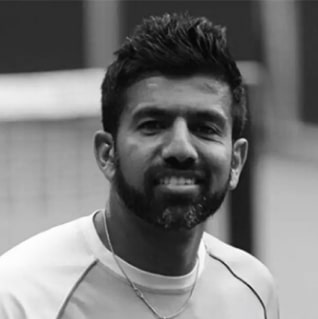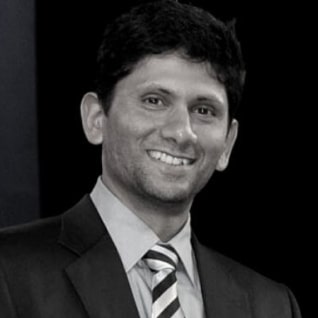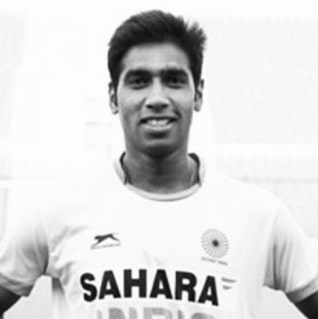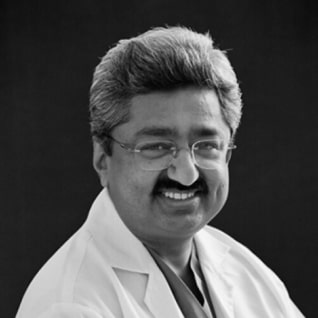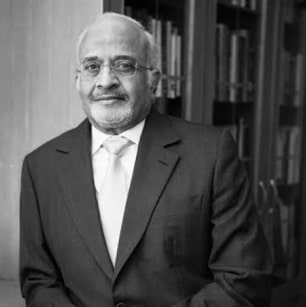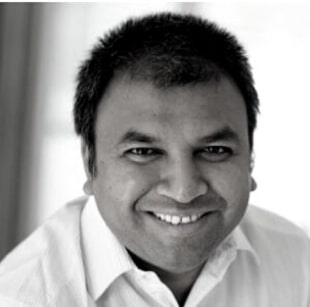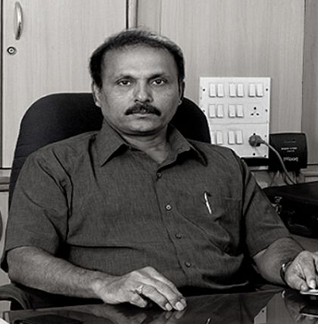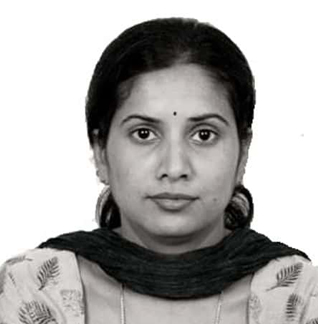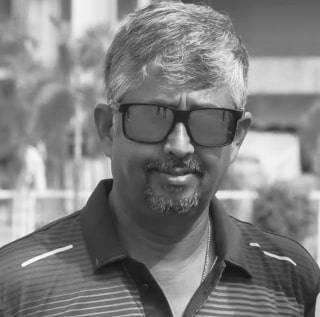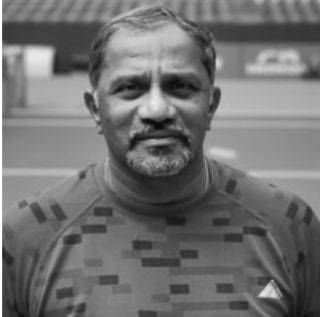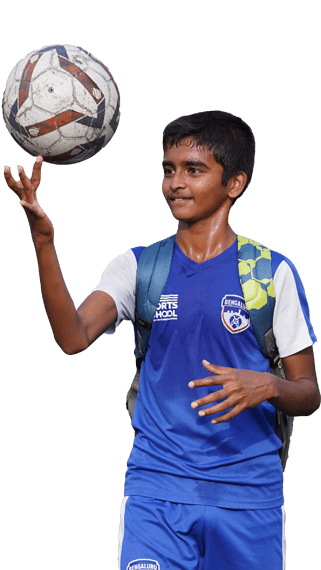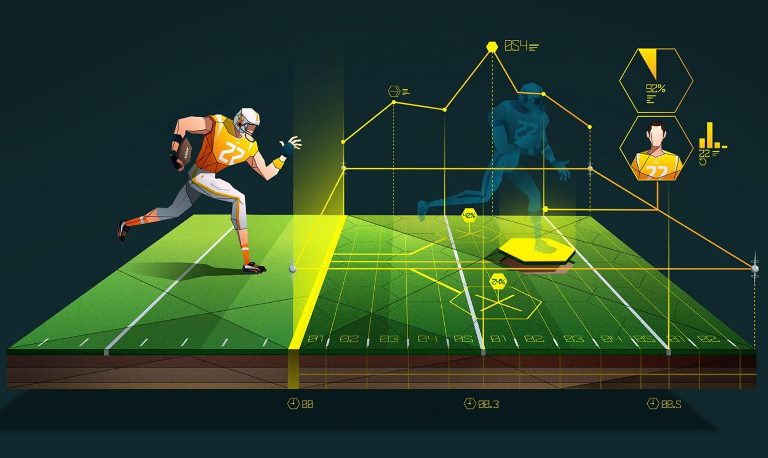
Secrets of sports science – maximizing performance
Sport science integrates the study of science with athletic endeavors. The goal of sport science is to reduce injury risk while maximizing performance and endurance in the lead-up to events and competitions.
For everyone from athletes to the elderly and everyone in between, it is used to assist identify strengths and weaknesses so that a training Programme can be tailored specifically for each person.
Sports scientists have derived data to ensure that athletes are using the most recent preparatory methods, testing, and training regimens.
Our highly qualified sport scientists can provide players evidence-based therapies to boost performance.
- Sport specific testing
- Movement screenings
- Injury prevention and corrective exercise prescription
- Program design and monitoring
“Sport Science is a multi-disciplinary field concerned with the understanding and enhancement of human performance. It includes the knowledge, methods and applications of sub-disciplines of human movement studies (i.e., exercise physiology, biomechanics, motor control and motor development, exercise and sport psychology), as well as how they interact.
Sports scientists are trained experts who assist sports people to achieve the best possible sporting performance. They evaluate, research, assess and advise on coaching, training, competition and recovery practices in all areas and levels of sport.
A sports scientist will work with teams and individual athletes to provide scientific support in preparation for competition. This can involve information, technical and practical support on training, injury prevention, technique analysis, nutrition and optimization of performance, and assistance with psychological issues (such as motivation, stress and arousal, and coping strategies). For example, a sport scientist might design a training Programme to increase a cyclist’s speed or improve a swimmer’s power off the swimming blocks.”
Sports science is the study of key sciences
Psychology
The psychological demands of physical activity can determine if an individual is able to achieve success and optimal performance. Taking psychological factors into account can affect performance.
Physiology
Physiology takes into account the way that the human body functions when exposed to exercise and physical training.
Biometrics
Biometrics is the science of measuring and studying biological data which includes hormone and glucose levels. People who keep an eye on this data are able to improve their health and energy.
Motor Control/Learning
Motor control/ learning is the way that a human is able to organize their motor skills. By gaining motor control people are able to move accurately and swiftly while minimizing energy use and avoiding injury.
Sports Science Helping to Prevent Injuries
Stretching
Your muscles need to be stretched before and after a workout to help prevent injuries. To be effective stretching needs to be done correctly. Ineffective stretching can actually cause damage and not be adequate for your workout.
Warming Up and Cooling Down
Warming up prepares your body for exercise and physical training. A warm-up loosens your joints and muscles while slowly increasing your heart rate. Cooling down is just as important. It brings your heart rate down slowly.
Build Your Workout Gradually
Prevent injuries by starting slowly and gradually build duration and intensity. Having VO2 Max and threshold testing performed will help you determine and implement your training levels.
Proper Nutrition
Nutrition is necessary for a successful workout. Our consultants can talk to you about the proper nutrition for your workout, your goals and your physiology.
Sufficient Recovery
Recovery is crucial in preventing injury. Insufficient recovery can lead to weakened performance and injury. Talk to one of our exercise physiologists about recovery for your individual needs.
Psychological Recovery
Psychological recovery techniques such as massage, spas and hot showers can help your mental health. Mental health plays a big role in recovery and it’s important to ensure you’re feeling great about your workouts, not dreading them as this can lead to fatigue and injury.
Pay Attention to Your Body
The “no pain, no gain” theory is incorrect. Always listen to your body. If you are feeling pain you could be causing avoidable damage. When beginning a new workout routine, it is normal to feel mild discomfort, so it is important to know what is normal pain and what is not.


